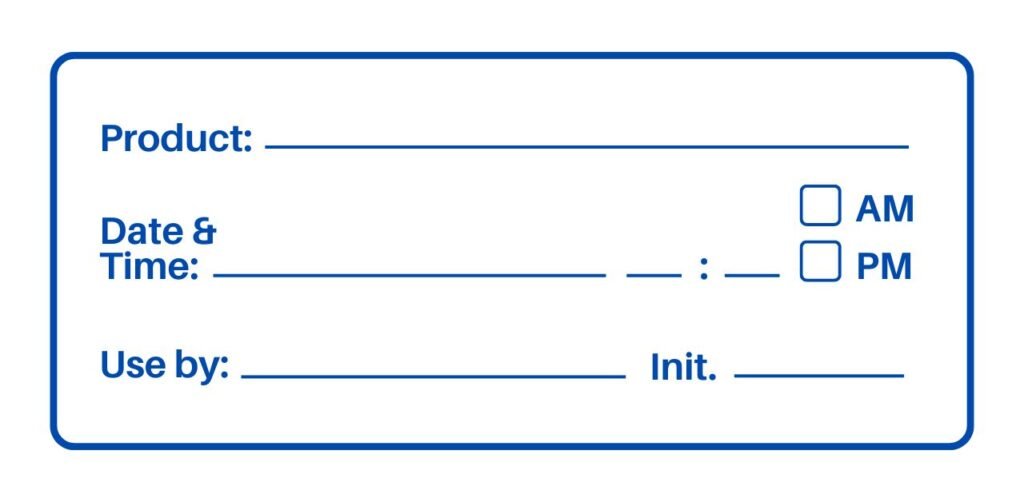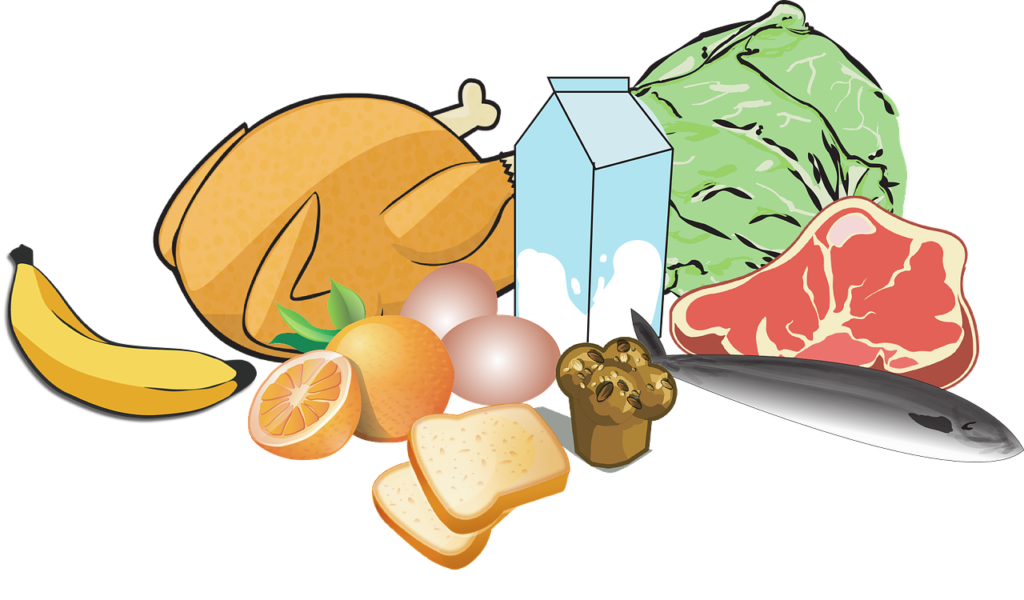What does sell by date mean ?
It’s a question many of us ponder as we stand in grocery store aisles, inspecting labels and trying to decide whether an item is still good to buy.
The sell by date, often found stamped on food packaging, serves as a guide for retailers and consumers alike.
But, its true meaning and importance can sometimes be confusing. Let’s unravel this mystery together.
Imagine you’re planning a big family dinner.
You head to the store, excited to pick out fresh ingredients.
You reach for a carton of milk, but then you notice the sell by date is tomorrow.
Do you put it back, fearing it might spoil too soon?
Or do you toss it into your cart, confident it’s still good for a few more days?
Understanding the sell by date can help you make the best choice.
Can Sell By Dates Affect Food Safety?
A common question that many shoppers have is whether the sell by date affects food safety.
Let’s dive into this together and clear up any confusion.
First off, the sell-by date is more about quality than safety.
It tells retailers how long to display the product for sale.
After this date, the food might not be at its peak freshness, but it doesn’t necessarily mean it’s unsafe to eat.

For instance, milk might still be good for up to a week past its sell by date if it’s been properly refrigerated.
Similarly, eggs can often be consumed several weeks after the sell by date.
However, this doesn’t mean we should ignore these dates altogether.
Certain foods are more perishable and can become unsafe more quickly.

Fresh meats, seafood, and ready-to-eat salads are examples where sell-by dates closely align with safety.
Eating these items past their sell by date can increase the risk of foodborne illnesses due to the growth of harmful bacteria.
Another factor to consider is proper storage.
Even if a product is within its sell by date, poor storage conditions can make it unsafe.
For example, milk left out of the fridge for too long can spoil quickly, regardless of its date.
Similarly, improper storage of meats and seafood can lead to rapid bacterial growth.
Is it a Legal Requirement?

The sell by date is not a universal legal requirement, but regulations vary by country and product type.
In the United States, the Food and Drug Administration (FDA) does not mandate sell by dates on most foods.
Instead, they are largely at the discretion of manufacturers and retailers.
The exception is infant formula, which the FDA strictly regulates to ensure safety and nutritional value.
In contrast, the European Union has more stringent rules.
The EU mandates that most packaged foods carry either a “best before” or “use by” date.
“Best before” indicates when the product will be at its best quality, while “use by” relates directly to safety and should not be ignored.
Other countries have their own approaches.
For example, in Canada, there are guidelines rather than strict laws, encouraging manufacturers to use date labels for quality and safety assurance.
Understanding the specific regulations and guidelines in your region can help you make better food choices and reduce unnecessary waste.
Are Foods Safe to Eat After the Sell By Date?
Understanding what a sell by date means can help you make better decisions about whether to eat food after this date has passed.
Generally, the sell by date is an indicator of peak quality rather than a strict safety cutoff.
So, what does sell by date mean when it comes to food safety?
For many foods, the sell by date suggests when the item will be at its best quality.
For example, milk can often be safe to drink for up to a week after the sell by date if it has been stored properly.
Similarly, eggs can remain safe and edible for weeks past the sell by date when kept refrigerated.
The key here is proper storage and monitoring for any signs of spoilage.
Perishable items like meat, poultry, and seafood require more caution. The sell by date on these products is closely related to safety, as they can harbor harmful bacteria.
Consuming these items past their sell by date can increase the risk of foodborne illnesses.
It’s crucial to inspect these foods for any off smells, discoloration, or changes in texture, and to discard them if they seem spoiled.
Non-perishable items like canned goods, dry pasta, and cereals are typically safe long after their sell by date.
These items are more about quality than safety, and while they may lose flavor or texture over time, they generally don’t pose a safety risk if unopened and stored properly.
How can sell-by date help in reducing the food waste amounts?

Sell-by dates play a significant role in contributing to food waste, often leading to confusion and misinterpretation among consumers.
Many people mistakenly believe that food becomes unsafe to eat immediately after the sell by date, leading to the disposal of perfectly edible products.
This misconception results in a substantial amount of food waste each year.
In fact, in the United States alone, it’s estimated that around 30-40% of the food supply is wasted, with a large portion of this waste occurring at the consumer level.
The misunderstanding of sell by dates is a key factor.
When people see an approaching or passed sell by date, they may discard the item without considering whether it is still safe or of good quality.
Sell by dates are primarily intended for retailers, helping them manage stock and ensure that products are sold while they are at their best quality.
However, these dates do not necessarily indicate that the food is unsafe after the date has passed.
Many foods, such as dry goods and canned items, can be consumed well beyond their sell by dates without any safety concerns, provided they are stored correctly.
To combat food waste, it’s important for consumers to understand the true meaning of sell by dates and to use their senses—such as smell and taste—to determine the freshness and safety of food.
Additionally, proper storage practices can extend the life of foods, allowing them to remain safe and enjoyable longer.
Educational efforts and clearer labeling can also help reduce food waste.
For example, distinguishing between terms like “best before,” “sell by,” and “use by” can provide consumers with a clearer understanding of food quality versus safety.
By better understanding these labels, consumers can make informed decisions, reducing unnecessary waste and saving money in the process.
Conclusion
Understanding what a sell by date means is essential for making smart choices about food quality and safety. Here’s a quick recap:
What Does Sell By Date Mean?: It’s the date by which retailers should sell the product for it to be at its best quality, not necessarily when it becomes unsafe.
Legal Requirements Vary: In some regions, sell by dates are guidelines rather than legal mandates, and they vary in terminology and enforcement.
Food Safety Considerations: Many foods are still safe to eat after the sell by date, especially if properly stored. However, be cautious with perishable items like meat and seafood.
Reducing Food Waste: Misinterpreting sell by dates leads to unnecessary food waste. Use your senses—look, smell, taste—to determine if food is still good.
By understanding and properly interpreting sell by dates, you can help reduce food waste, save money, and enjoy your food safely.



